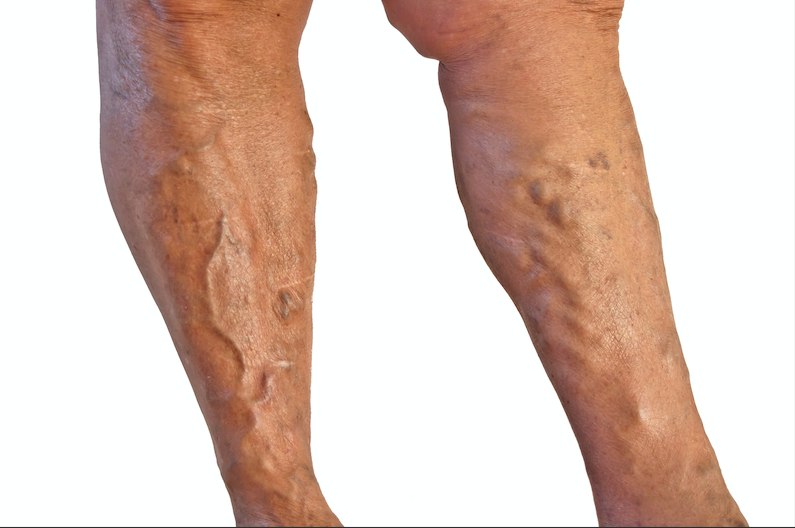Are You at Risk for Varicose Veins?
Posted by: Tampa Cardio
On: August 21, 2015
 Varicose veins are not an uncommon condition; it is estimated that over 40 million people in the United States currently suffer from varicose veins and that over 50% of the population over the age of fifty currently has them. This does not go to say that varicose veins are inevitable and that you should simply give up and accept them if you are of a certain age. By being aware of potential risk factors that might predispose you to such a condition, you can take action to prevent varicose veins from occurring, or at the very least greatly prolong their initial occurrence.
Varicose veins are not an uncommon condition; it is estimated that over 40 million people in the United States currently suffer from varicose veins and that over 50% of the population over the age of fifty currently has them. This does not go to say that varicose veins are inevitable and that you should simply give up and accept them if you are of a certain age. By being aware of potential risk factors that might predispose you to such a condition, you can take action to prevent varicose veins from occurring, or at the very least greatly prolong their initial occurrence.
Some of the risk factors for developing varicose veins and venous insufficiency include:
- Age – Although varicose veins can occur at any age, even in teens and pre-teens, they are much more common in the elderly. Once reaching the age of fifty, a person’s risk for developing varicose veins increases greatly.
- Gender – While both men and women can have varicose veins, certain factors lead them to be more common in women. Pregnancy and hormonal changes are the culprit for these differences, as both the additional weight of carrying a baby can add pressure to the lower extremities while the presence of additional estrogen in the body leads to an increased risk for blood clots.
- Genetics – If you have a history of varicose veins in your family, then there is a fairly good chance that you will be afflicted by them as well at some point in your life. In fact, if both of your parents have had varicose veins, then your chance of developing them yourself is considered to be as high as 90%.
- Weight – Being overweight can lead to the development of varicose veins, especially if an unhealthy diet is present at the same time. Not only does being overweight tend to contribute towards a more sedentary lifestyle, but like with pregnancy, the additional weight creates pressure on the veins of the lower extremities, veins which in turn must work harder against the force of gravity when pumping blood back upwards towards the heart.
- Profession – Those whose professions require them to sit or stand for prolonged periods of time will be more likely to develop varicose veins. The same can be said for those who are frequent travelers, as sitting in the same position in a car or on a plane for extended periods can make it difficult to adjust posture and take breaks to walk around.
- Activity Level – Staying active and getting frequent exercise is crucial for those who want to prevent varicose veins. An inactive lifestyle can promote the pooling of blood in leg veins and adds pressure to the lower extremities during periods of rest, impairing circulation and preventing important muscle growth from occurring in the calves.
- Previous Injury – Even in a person who is perfectly healthy and active, physical injury to one or both of the legs can result in varicose veins if the blood vessels beneath the skin are damaged. While these traumas are most likely unpredicted and unpreventable, they can be an indication that varicose veins may be eminent.
If you are concerned that you may have varicose veins or venous insufficiency and would like to schedule a vein screening at a Tampa vein center, contact the specialists at Tampa Cardiovascular Associates to schedule an appointment today by calling (813) 975-2800.
Posted by: Tampa Cardio
On: 21/08/2015
